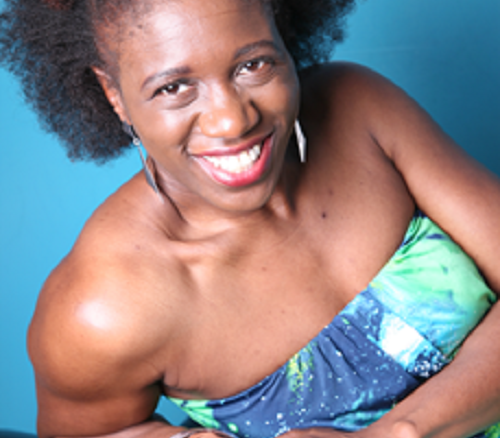
When you think about prison staff what image comes to mind? I ask this question because many people are surprised that a person who looks like me has worked in prisons.
Whenever I tell people about my employment, I receive the same response, shock and dismay. Followed by questions about safety and racism.
Then I arrive to my place of work, in my case it was four prisons in different regions over a 13-year period. I approach the staff entrance with a smile and professionally dressed and I was welcomed at each establishment with the assumption that I was either a domestic visitor, visiting a prisoner, or I worked in healthcare.
I have read countless books, academic and sponsored research documents about prison occupational literature. The majority all have one thing in common, they portray an axiomatic prison employee: white men. People who look like me are rarely associated to prison employment, yet ‘we’ as non-white are over-represented as prisoners.
The frustration of the above experiences, the invisibility of black women in prison occupational literature, promotional material, etc. The constant feeling of racial/gender isolation were the catalyst that made me apply to complete a PhD and not just write about my personal experience. I persevered through a journey that was challenging, difficult, and lonely. I faced criticism from colleagues, associates and other academics because I chose to place black women at the centre of my study.
I learnt from those who judged me and my methodological approach, that their response to their lack of understanding of the effects of the intersectionality of gender and race was a defensive response. This realisation filled me with the determination to highlight how true knowledge is not born out of ignorance, but a desire to know before casting judgement and criticising innovative ways of creating insight into workplace dynamics.
I joined HM Prison Service, because I naively believed that education could empower and instil a sense of self-worth in African-Caribbean prisoners. I was fully aware that the organisation had a reputation for institutional racism, but I strongly believed through my commitment to improve race relations that collectively ‘we’ could eliminate overt/covert racism. But I quickly recognised that it would take more than good will and emotional labour.
I learnt from my own experience and my role-models’ actions and decided to do something different. I took on the audacious task of completing academic research that primarily concerned issues involving race and gender within an organisational psychodynamic framework.
The first of its kind, I examined the psychosocial experience of black women working in HM Prison Service. I combined intersectionality theory and organisational psychodynamics to show how gender is raced and race is gendered in white patriarchal organisations such as HM Prison Service.
The autonomy to apply two distinctive theoretical frameworks in one study and placing black women at the centre of the study, was empowering but also a huge responsibility. Especially as black women tend to be rendered invisible in race relation studies that focus on black men’s perspective and gender studies that is dominated by white women’s experience. My desire was to ensure that my research would act as a tool to support diversity and inclusion efforts in organisations and be accessible beyond the academic community.
Dr Marcia Morgan is a Black British Caribbean author, an employee in Her Majesty’s Prison and Probation Service.
She volunteers as a Ministry of Justice Race Ambassador and Social Mobility Ambassador. She is currently completing an ILM level 7 qualification in Executive Coaching and Mentoring.
Marcia uses her website www.black-women-amazons.com and blog to support women in higher education and the workplace, specifically working with black women to navigate gender and race in various environments.
In 2018, Marcia published Black Women Prison Employees: The Intersectionality of Gender and Race, the first book of its kind to examine the psychosocial experience of black women working in HMPPS, by applying an intersectional approach and organisational psychodynamics.
Her second book untitled, applies an autoethnographic approach. Throughout the narrative poems are interwoven with data from her PhD research to illuminate the experience of a black woman practitioner-researcher in UK universities and HMPPS. This book will be available summer 2019.
